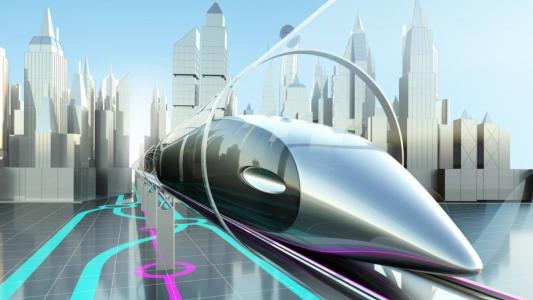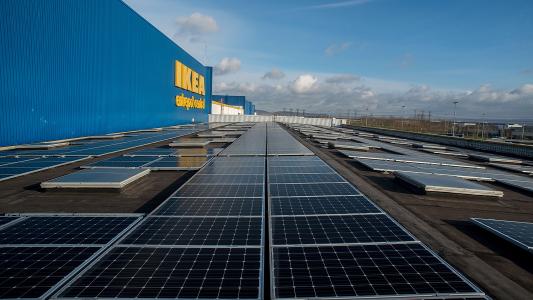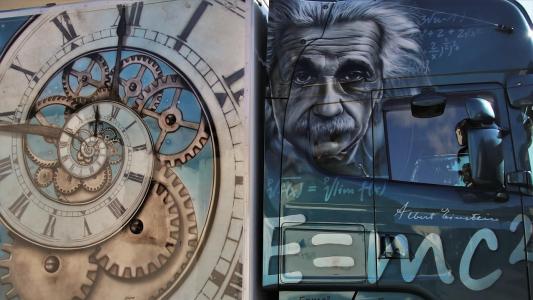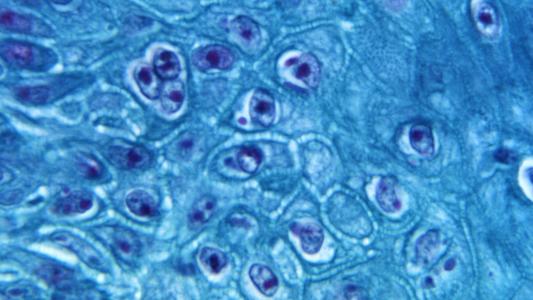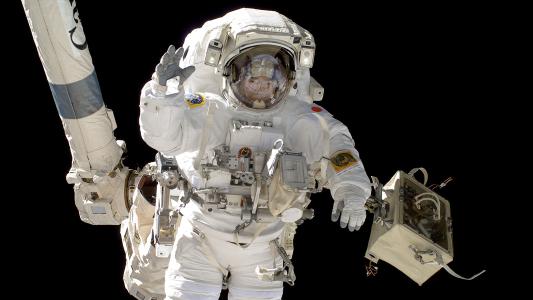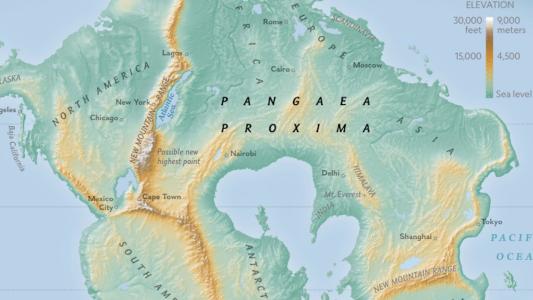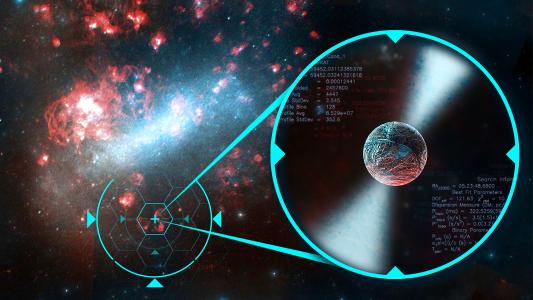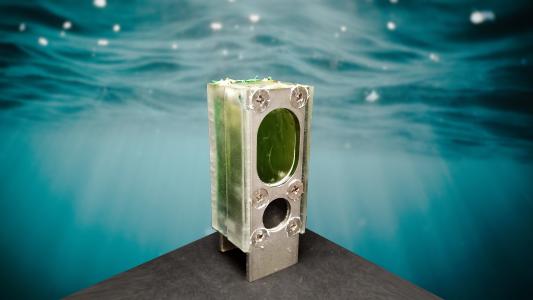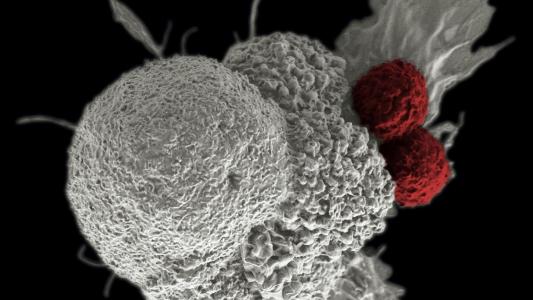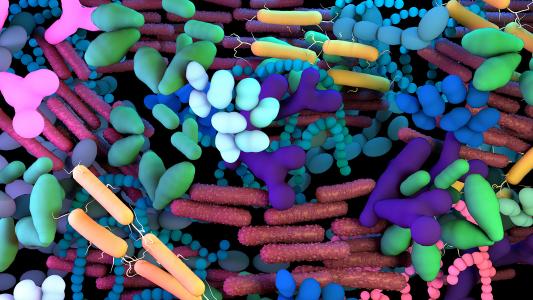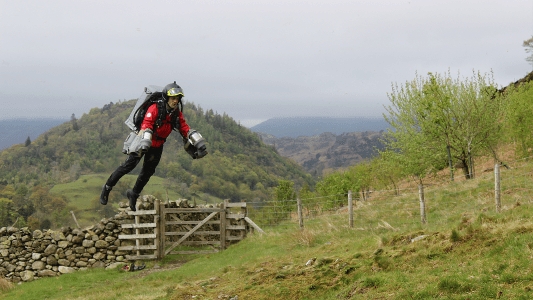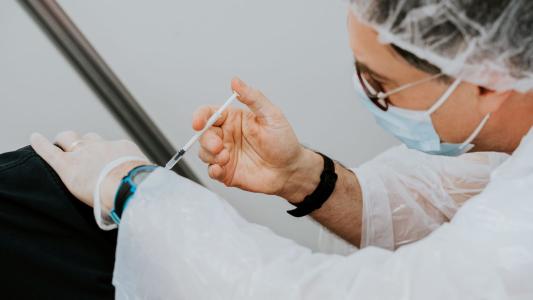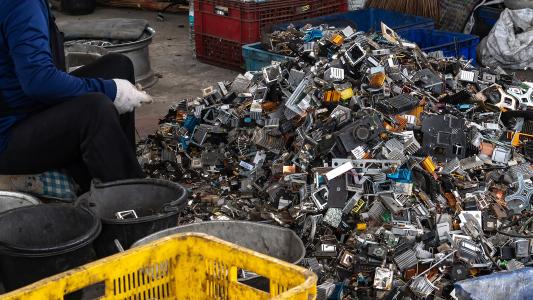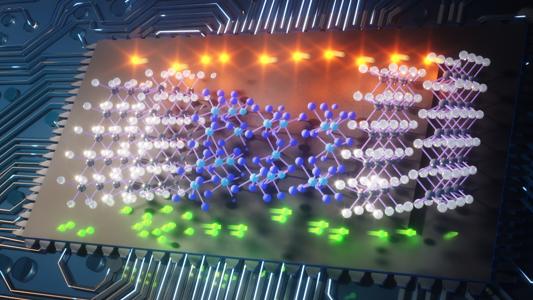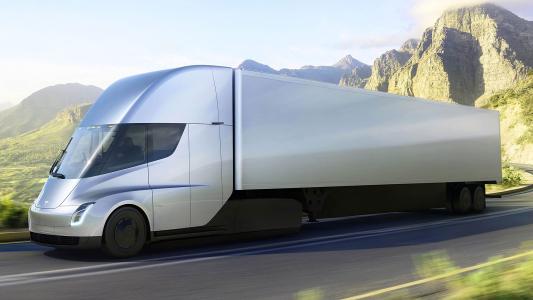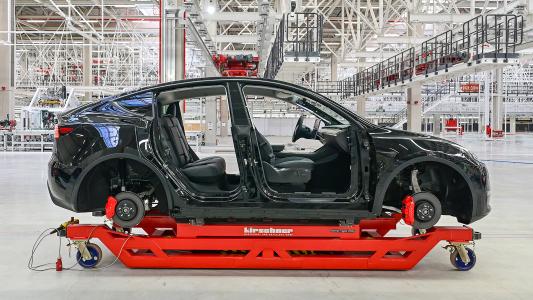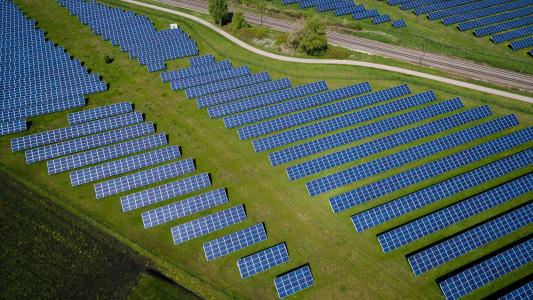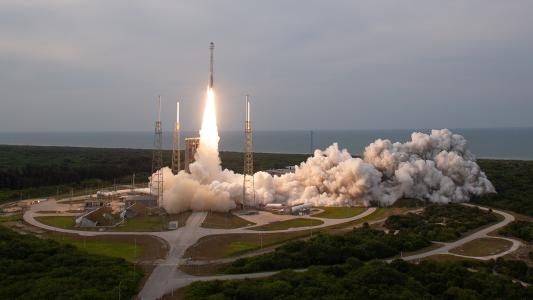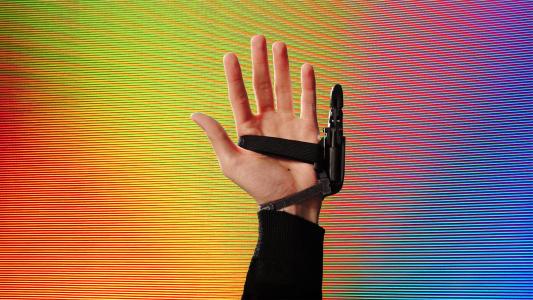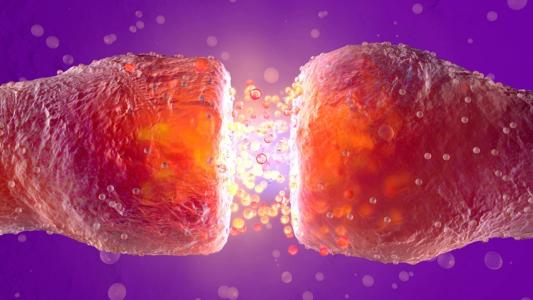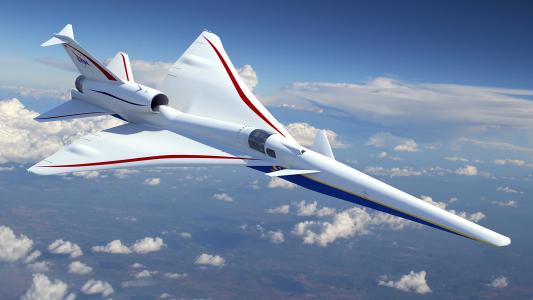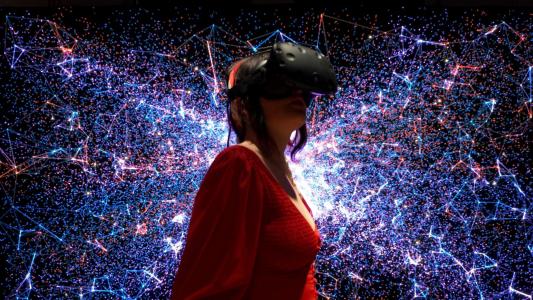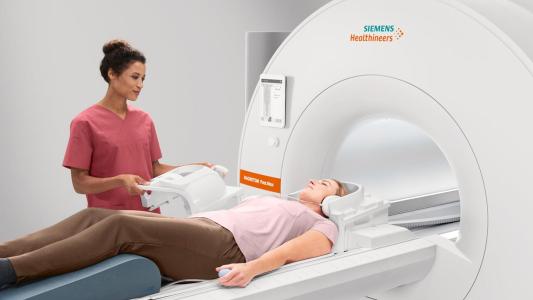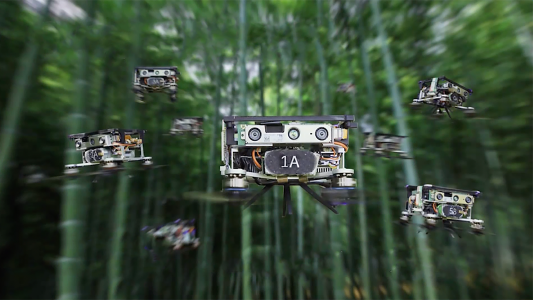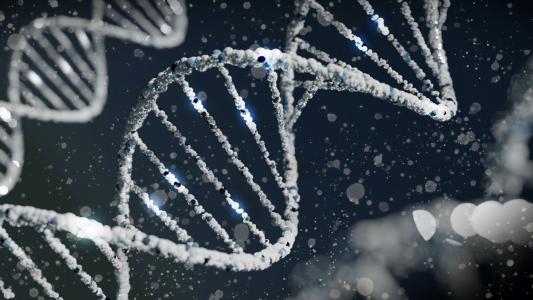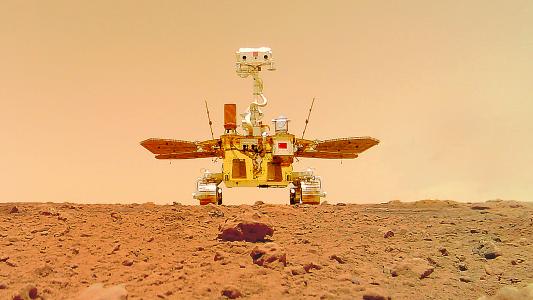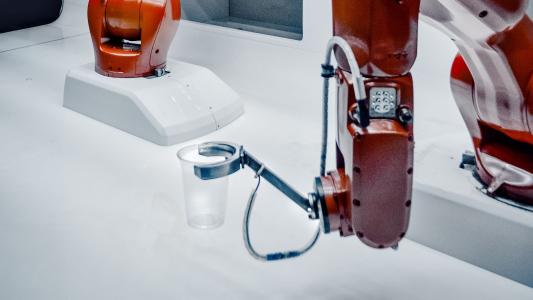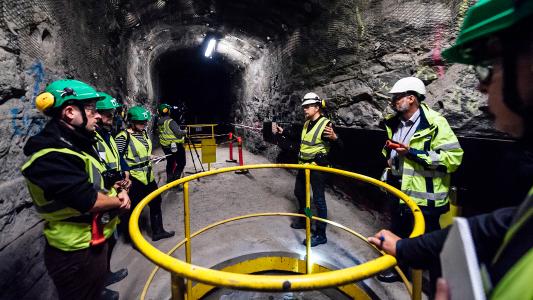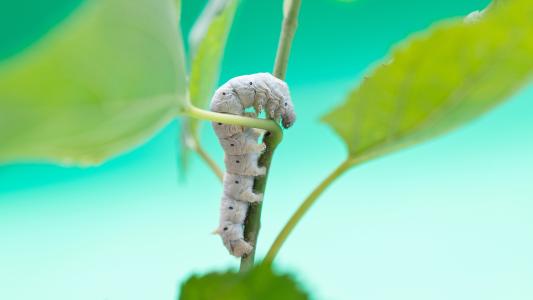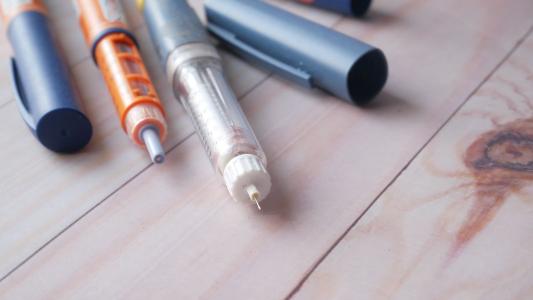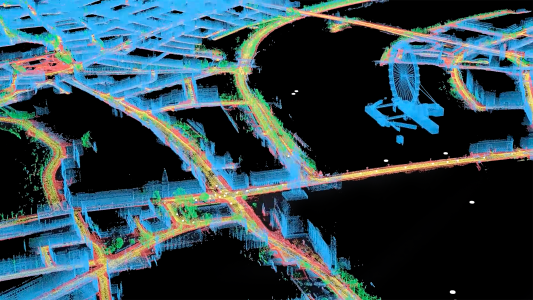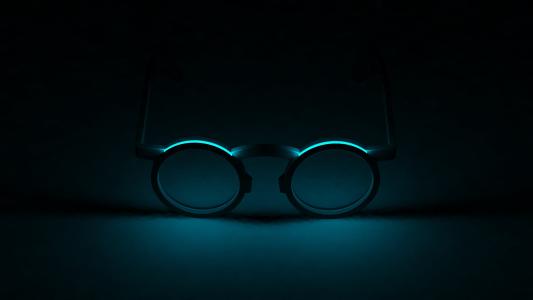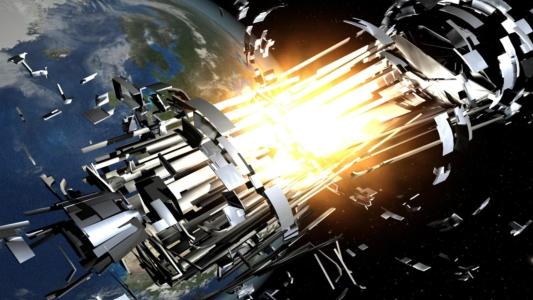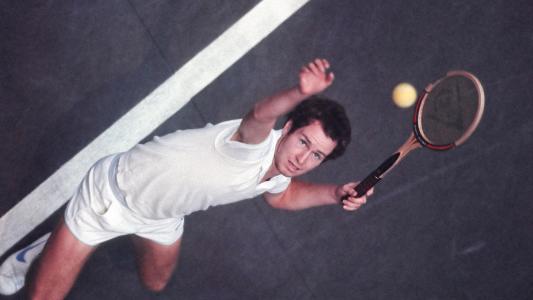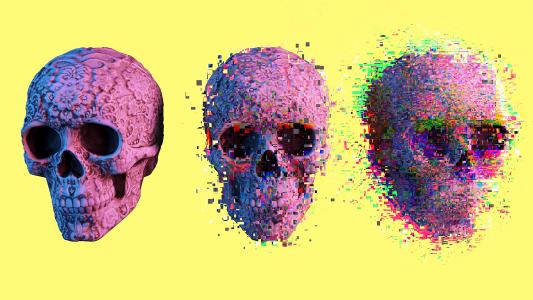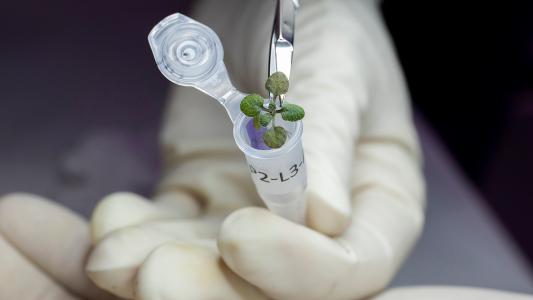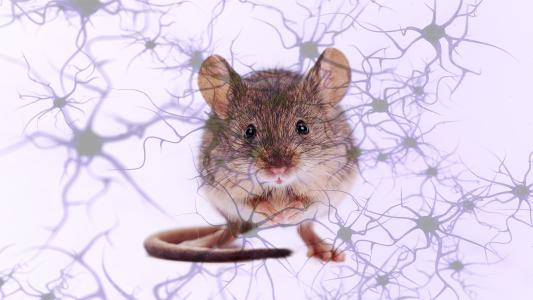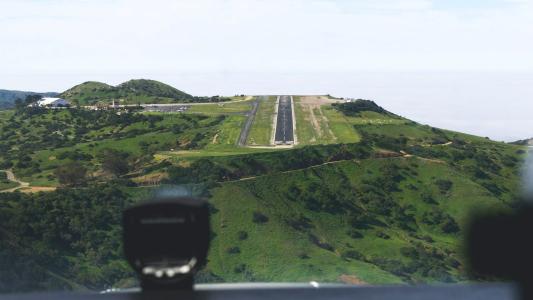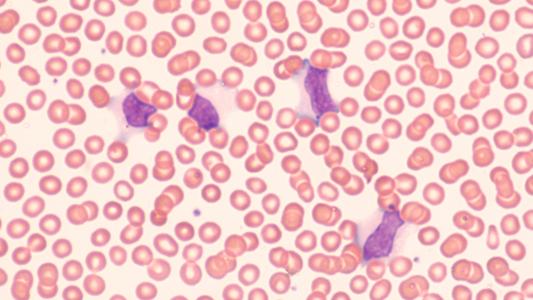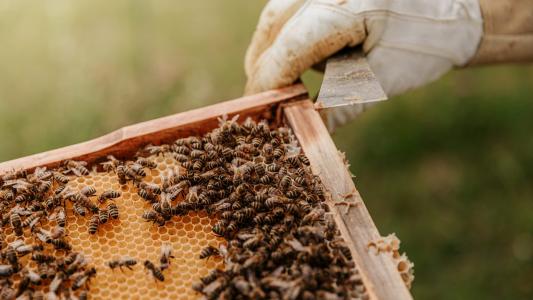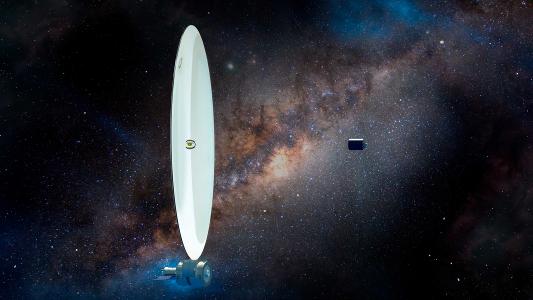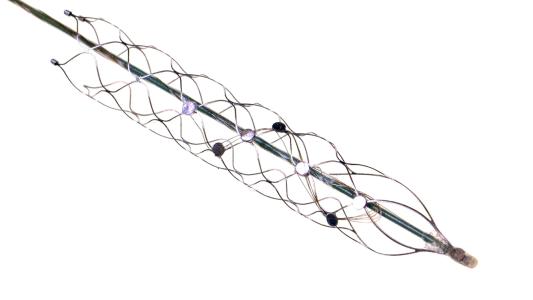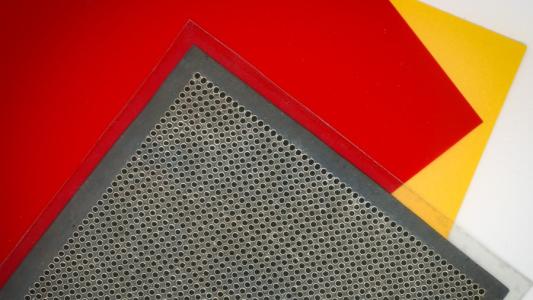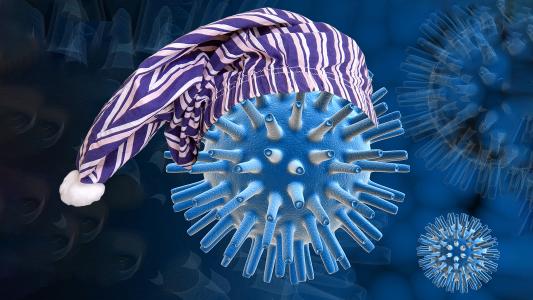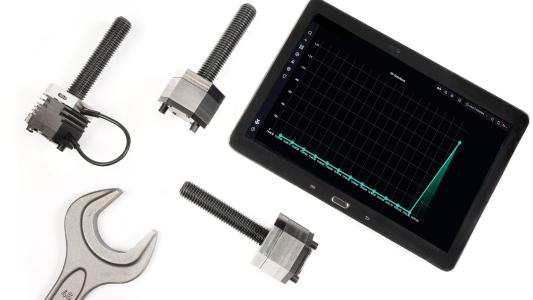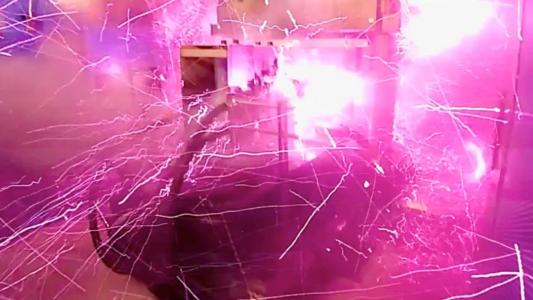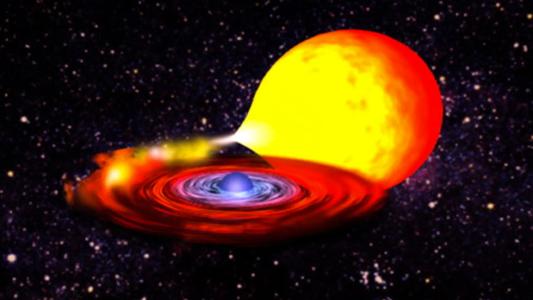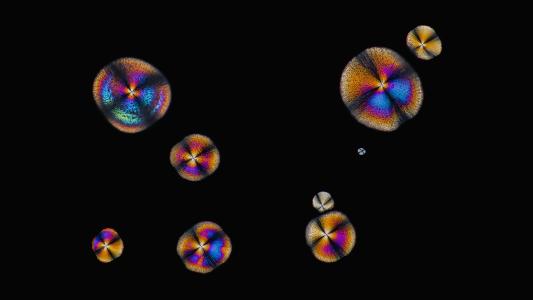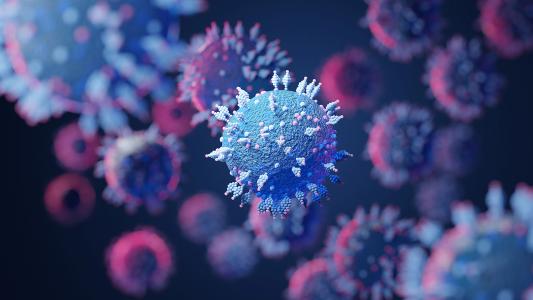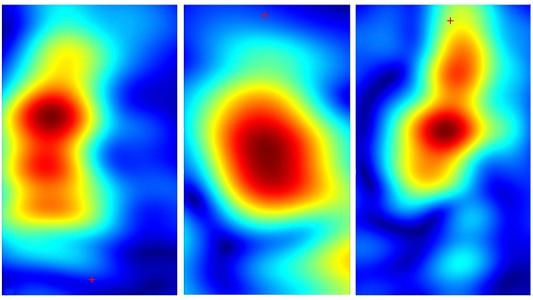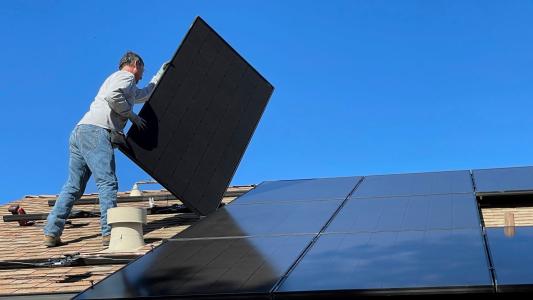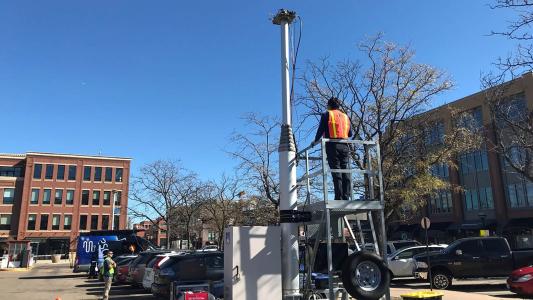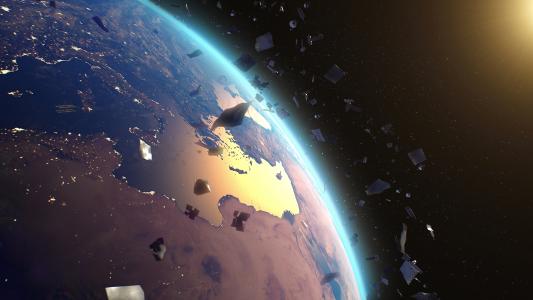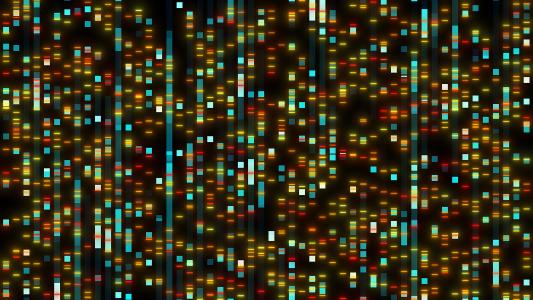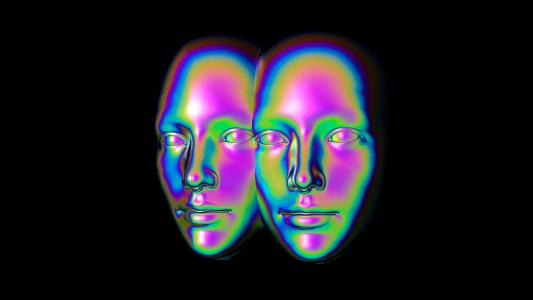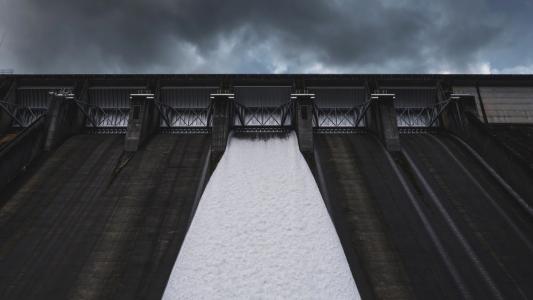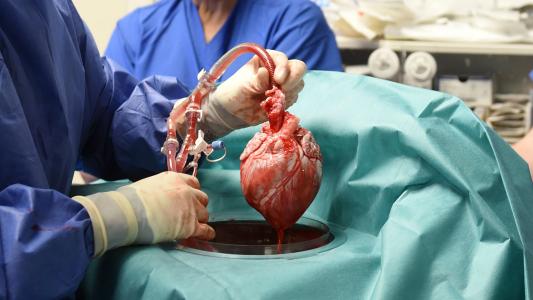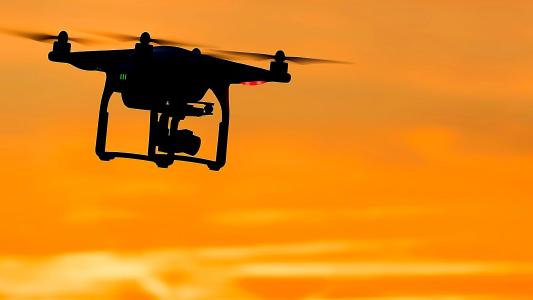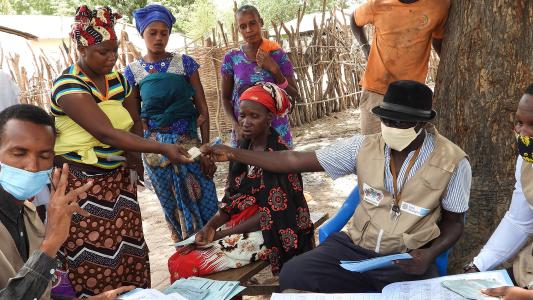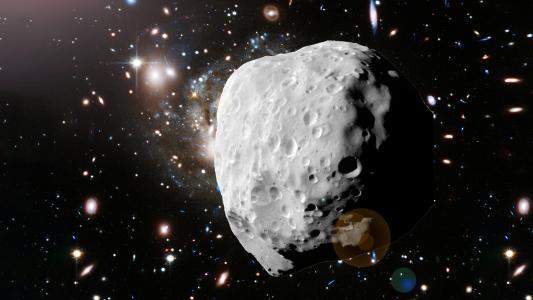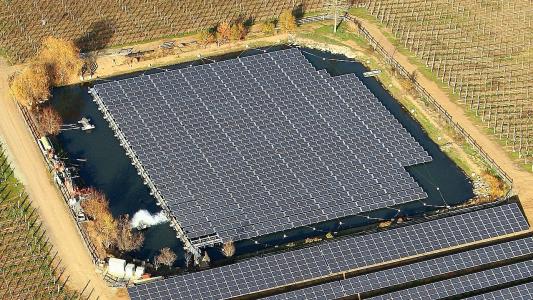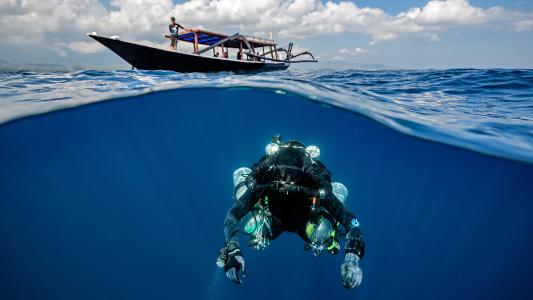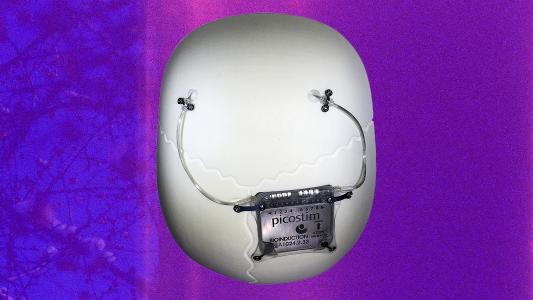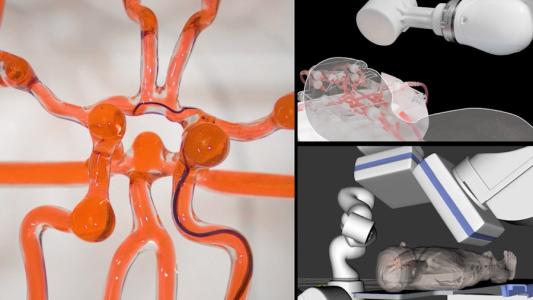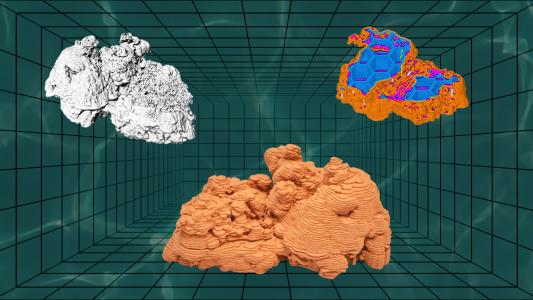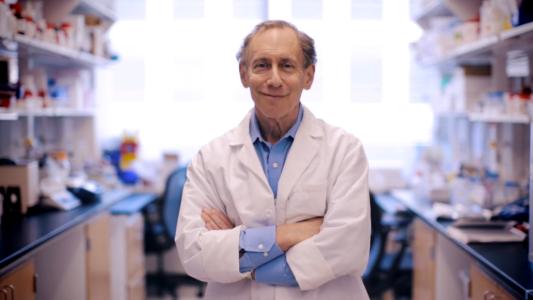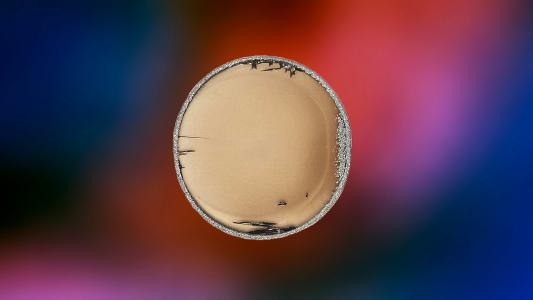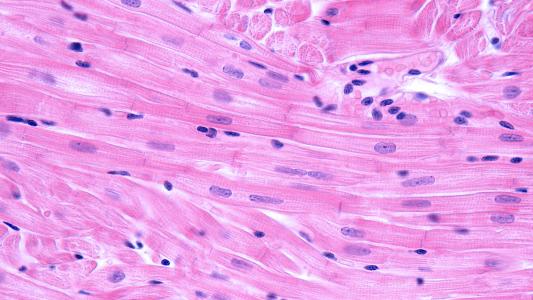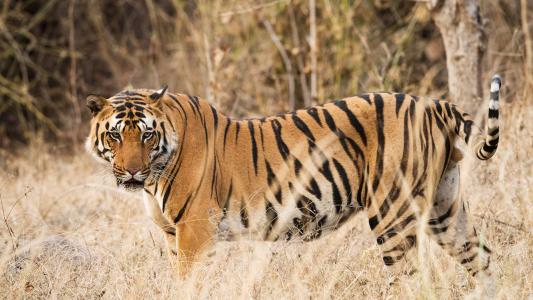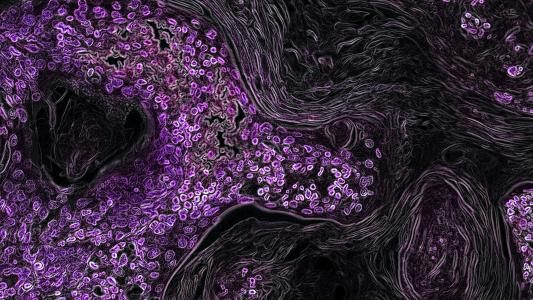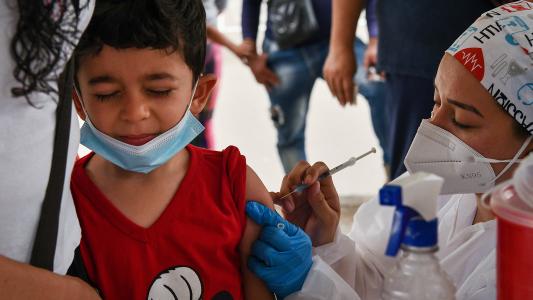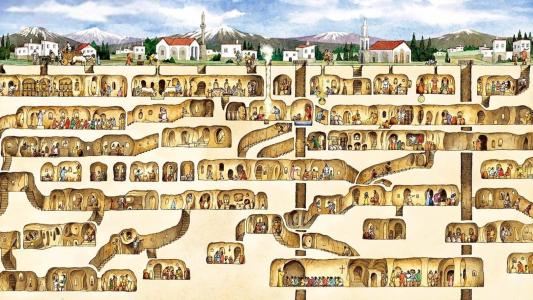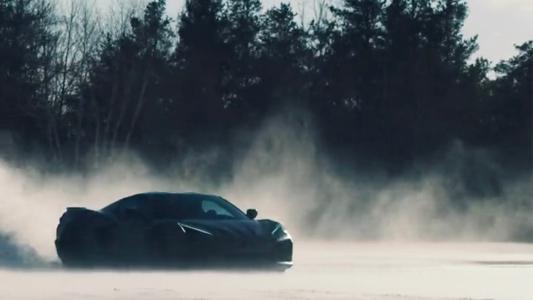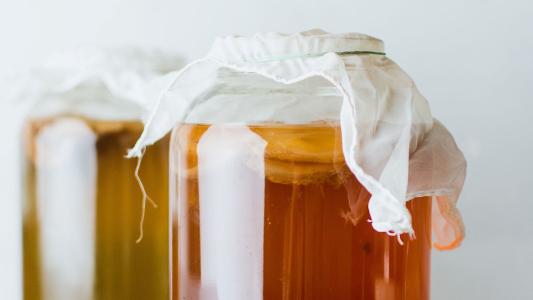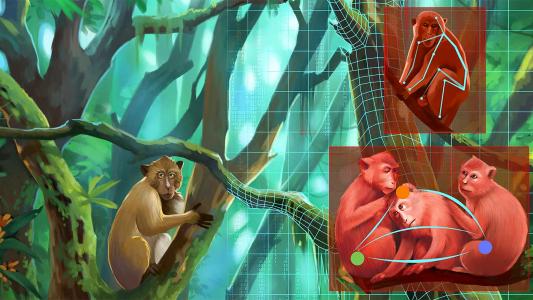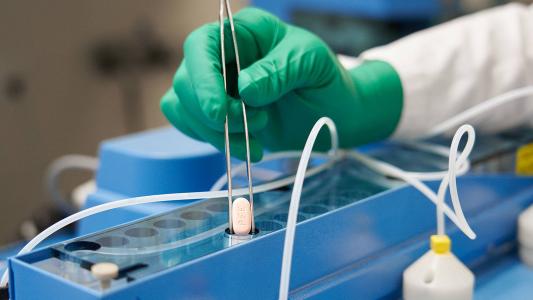Elon Musk’s Hyperloop is possible. How badly do we want it?
The Hyperloop is physically possible, but engineering challenges will make its construction difficult. Also, accidents would be catastrophic.
IKEA will now sell solar panels
Furniture retailer IKEA will begin selling home solar solutions to US customers to encourage sustainable living.
Einstein was right. Flying clocks around the world in opposite directions proved it.
By flying planes both with and against Earth's rotation, and returning them all to the same starting point, we tested Einstein's theory.
What is monkeypox, and how we may fight it
As monkeypox cases crop up around the world, vaccines designed for the far deadlier smallpox may play a key role in stopping it.
NASA to help put first Japanese astronaut on the moon
The first non-American to reach the lunar surface will likely do so as part of NASA’s Artemis mission — and could be a Japanese astronaut.
DeepMind’s pricey robot simulator is now available for free
AI research lab DeepMind, a sister company of Google, has purchased and open-sourced the powerful robot simulator MuJoCo.
What the world will look like in the year 250,002,018
On Pangaea Proxima, the supercontinent of the future, Cape Town and Mexico City are just a day’s drive apart.
Telescope “sunglasses” find brightest pulsar outside our galaxy
Australian astronomers have discovered the brightest pulsar ever seen outside the Milky Way by putting “sunglasses” on a telescope.
Ultrathin fuel cell uses the body’s own sugar to generate electricity
Batteries have a limit to how small they can be made, and they need to be charged. What if you could power your own medical device?
New drug combo is “a paradigm shift” in preventing asthma attacks
The combination of a rescue medication and a corticosteroid, taken as needed, reduced both short and long-term risk of asthma attacks.
Algae-powered computer runs for a year on light and water
An algae-powered computer demonstrates a sustainable, reliable way we could power small IoT devices in the future.
Nanoparticles are the future of medicine
The success of some drugs that use nanoparticles, such as the COVID-19 mRNA vaccines, has prompted excitement among researchers.
Nanobots are real, and they can battle bacteria
Researchers have developed antibiotic nanobots that can traverse a wound on their own.
Watch: Medic in jet suit reaches mountain top in 3.5 minutes
A paramedic in a jet suit flew up a mountain in just 3.5 minutes, demonstrating how the tech could shave valuable minutes off response times.
Will new vaccines be better at fighting coronavirus variants?
New virus-based vaccines could play an important role in generating a long-lasting, broad immunity against a rapidly mutating virus.
A more efficient way of urban mining gold
Researchers at the Korea Institute of Science and Technology say they have developed the world’s most efficient way of urban mining gold
Perseverance rover kicks off new hunt for life on Mars
NASA’s Perseverance rover has begun its Delta Front Campaign, the part of its mission most likely to produce evidence of past life on Mars.
Discovery of “impossible” superconductor promises 100x faster electronics
A device that gets electricity to flow through a superconductor in one direction without the use of magnets could revolutionize electronics.
You can finally reserve a Tesla Semi
Members of the public can now reserve a Tesla Semi, an all-electric, heavy-duty vehicle that Elon Musk first unveiled in 2017.
Bluetooth hack breaks into cars and smart locks
Researchers in the UK have identified a vulnerability in Bluetooth-based locks, including Kwikset smart locks and Teslas.
How we treat inflammation may be causing chronic pain
Reversing common belief, researchers at McGill say treating inflammation may be causing chronic pain, not preventing it.
Solar + battery hybrids are poised for explosive growth
Solar panels and battery storage can generate renewable power when solar energy is at its peak during the day and then release it as needed.
Boeing’s Starliner is finally on its way to the ISS (Updated)
Boeing’s Starliner capsule — developed to carry NASA astronauts — is now en route to the International Space Station.
Can your mind ever “own” an extra body part?
A robotic finger can feel like a part of our hand after just a short time using it, suggesting that our brains can "own" extra body parts.
How a healthy sex life can help minimize depression and anxiety symptoms
When you struggle with anxiety or depression, sex may be the last thing on your mind. But it can be a tool for well-being.
NASA is planning to bring back supersonic flight over land
Supersonic flight over land is currently banned in the US, but a plane being built by NASA and Lockheed Martin could rewrite the rules.
Augmented reality will give us superpowers
Virtual and augmented reality have had false starts, but AR eyewear will soon replace the smartphone as our interface for digital content.
New MRI machine will unlock better images for medicine
A new MRI machine with a larger opening and a weaker magnetic field overcomes many shortcomings of other scanners.
Watch a drone swarm navigate a bamboo forest
By arming each drone with its own sensors, researchers have created the first swarm capable of navigating a wide environment.
Gene editing could reverse anxiety and alcohol-use disorder
Gene editing may be a treatment for anxiety and alcoholism in adults who were exposed to binge-drinking in their adolescence.
Chinese rover makes surprise discovery about liquid water on Mars
Data from China’s Zhurong rover suggests there was substantial liquid water on Mars far more recently than we thought.
Ukrainian artists turn to NFTs to tell their stories
A Kyiv gallerist and Puerto Rican art gallery are auctioning off NFTs of art created in conflict to support Ukrainian artists.
From robotic dogs to magnetic slime: 6 ways robots are helping humans
Robots are helping humans in a growing number of places - from archaeological sites to disaster zones to sewers.
Finland prepares world’s first “nuclear tomb”
Deep beneath Finland, a “tomb” for nuclear waste is set to be a test for geological disposal facilities.
Silkworms could one day repair human tendons stronger than before
Mixing silk protein with a gel matrix allowed for better cell growth and healing in rat models.
Nonprofit drugmaker Civica Rx is taking aim at the high insulin price
People living with insulin-dependent diabetes have been waiting a long time for it to be more affordable. Could things change?
Google Maps’ “Immersive View” shows cities in a whole new way
Combining satellite and Street View images, Google Maps’ “immersive view” will let you explore select neighborhoods soon.
Stanford’s gravity telescope concept uses the sun to see exoplanets
Stanford scientists have designed a gravity telescope concept that could take stunningly clear images of exoplanets.
Could a former NASA scientist’s “sunlight glasses” protect your vision?
A former NASA scientist has co-developed a pair of glasses designed to prevent myopia by glowing in a precise wavelength of visible light.
How the Kessler Syndrome can end all space exploration and destroy modern life
The sheer amount of stuff already floating in space makes the domino effect of explosions a likely possibility.
Watch John McEnroe take on past versions of himself on the court
Thanks to AI, digital avatars, and robotic cannons, John McEnroe is taking on his toughest opponent: himself.
End-of-life planning app helps you prepare for mortality
End-of-life planning app Bereev helps you prepare for your death so that your loved ones will be able to focus on grieving after you pass.
Scientists grow plants in real lunar soil for the first time
Lunar soil was used to grow plants for the first time, suggesting that we may be able to produce food for astronauts off-world.
Avatar 2: How much has CGI really improved since 2009?
Some critics say CGI has actually gotten worse. Here's why it's not so simple.
Brain infusions from younger mice revive memory in older ones
Stanford researchers have found that an infusion of cerebrospinal fluid from young mice improves the memory of old ones.
Invisibility cloaks are not just possible, but are becoming reality
Two types of nanotechnology, metalenses and metamaterials, could soon make Harry Potter's invisibility cloak a reality.
A 20-seat hypersonic plane is being built in Atlanta
Atlanta-based startup Hermeus is developing a hypersonic plane to ferry passengers around the globe at incredible speeds.
Watch: SpinLaunch just flung a camera toward space at 1,000+ mph
California startup SpinLaunch sent a camera flying toward space at more than 1,000 mph and then released the video online.
The world’s first airport for flying cars and drones has just landed
The UK's development of an urban airport for flying cars and drones could inspire other nations to follow suit.
The NBA’s Golden State Warriors use data to optimize the fan experience
The Warriors are using data in an attempt to deliver the best — and best targeted — fan experience possible.
New vaccine for Epstein-Barr virus enters human trials
A Epstein-Barr virus (EBV) vaccine entering human trials could potentially protect against everything from mono to multiple sclerosis.
‘Mad honey’: The rare hallucinogen from the mountains of Nepal
On the mountainsides of Nepal and Turkey, bees sometimes produce a strange and dangerous concoction: mad honey.
Everything we now know about the Milky Way’s supermassive black hole
The Event Horizon Telescope team has finally revealed what the supermassive black hole at the center of the Milky Way looks like.
New private astronaut training will be open to the public
Colorado startup Star Harbor is building a first-of-its-kind center for private astronaut training and space research.
Kendrick Lamar deepfakes made by South Park creators’ studio
Rapper Kendrick Lamar harnesses the artistic power of deepfake technology in the new music video for his song “The Heart Part 5.”
Search reveals eight new sources of black hole echoes
The researchers' findings will help scientists trace a black hole’s evolution as it feeds on stellar material.
How NASA’s liquid lenses could revolutionize space exploration
NASA recently tested a liquid lens technology that could make a space telescope so large it would dwarf all that have come before.
Neuralink rival will soon test brain implant in US clinical trials
It's the first time the FDA has approved clinical trials for a brain-computer interface.
Researchers develop a paper-thin loudspeaker
The flexible, thin-film device has the potential to make any surface into a low-power, high-quality audio source.
How herpes wakes up
Researchers believe they have identified how herpes hiding in your cells wakes back up to cause symptoms.
These German screws will alert when a bridge is coming loose
German researchers have developed “smart” screws that know when they’re coming loose.
Scientists blow up their lab after creating strongest magnet ever
Scientists knew that it would probably explode, but they did not expect to reach such a record magnetic field.
First of its kind “black widow” pulsar discovered
A new black widow pulsar has been discovered eating its companion star while a third star circles the binary system.
Genes from over 5,000 stroke patients hint at surprising treatment
A study of nearly 6,000 stroke patient genomes suggests a treatment idea abandoned for decades should get a second look.
Moderna expects to have Omicron booster ready by Fall 2022
Moderna expects to have an Omicron booster that combines its original COVID-19 vaccine with one targeting the variant ready by Fall 2022.
5G millimeter wave tech may prevent unnecessary skin biopsies
Stevens Tech researchers have developed a device which uses the same tech as the TSA does to find skin cancer tissue without a biopsy.
3 emerging technologies that will give renewable energy storage a boost
The U.S. Department of Energy has predicted that renewable energy will be the fastest-growing U.S. energy source through 2050.
See the world’s first floating city: OCEANIX Busan
If the world's first floating city is a success, other coastal metropolises could use it as a blueprint for adapting to rising sea levels.
Should we build high-speed public WiFi into street lights?
Better public WiFi networks could be created by broadcasting signals over the 60 GHz frequency band from transmitters attached to light poles.
Space Force backs 125 teams to take down orbital debris
The US Space Force is giving 125 teams up to $250,000 each to develop tech to deal with the orbital debris circling our planet.
Graphene typically costs $200,000 per ton. Now, scientists can make it from trash.
Graphene is a lattice of carbon atoms arranged in a chicken-wire formation, a structure that makes it very useful for a range of uses.
A Spanish teen’s genome may hold the secret to lupus
Researchers believe they have found a single point mutation in an infection-sensing gene that causes the autoimmune disorder.
This company wants you to live forever in their metaverse
Metaverse company Somnium Space wants to create digital versions of you to live on after you pass, the newest example of digitized death-defying.
A nun built a hydroelectric plant that’s providing free power to a town in Africa
Blackouts are a daily disruption in the country, which sources most of its electricity from a run-down and mismanaged hydropower system.
Docs discover likely cause of pig heart transplant failure
A pig virus — and not organ rejection — appears to be the reason a man who lived for two months after a pig heart transplant ultimately died.
Google Career Certificate programs are now free for US businesses
Google has announced a new Career Certificate program and a plan to give any US business $100,000 in free tech training.
Drones and driverless cars could help with Ukraine’s humanitarian crisis
We need a universal code of conduct for deploying autonomous vehicles and drones in humanitarian settings.
Surprise in death data: Malaria has a U-shaped death curve
Better death records can reveal surprises about common killers like malaria — and help save lives.
China is going to try to move an asteroid
As part of its new planetary defense strategy, the China National Space Administration is going to launch a mission to redirect an asteroid.
This German firm is building a floating solar plant on a quarry lake
A German company will switch on a floating solar power plant, a rapidly-installed, renewable technology that could help phase out oil.
Rebreather dives are wildly risky. But this might save lives.
Duke researchers have developed an early warning system for rebreather divers at risk of hypoxia.
World’s smallest DBS device reverses Parkinson’s symptoms
An ultra-small deep brain stimulation (DBS) device could increase the number of Parkinson’s patients to receive the powerful treatment.
Joystick-operated robot could help surgeons treat stroke remotely
With a modified joystick, surgeons in one hospital may control a robotic arm at another location to safely operate on a patient.
The US has untapped green energy, hidden in abandoned oil wells
By converting some of its abandoned oil and gas wells into geothermal power stations, the US could secure its clean energy future.
Watch: Incredible jumping robot triples world record
A new jumping robot that can soar nearly 100 feet into the air might use the ability to explore the moon for NASA.
3D-printed artificial coral reefs could save coastal fish
A new method for designing and 3D printing custom artificial coral reefs could make them more accurate stand-ins for the natural kind.
How Robert Langer, a pioneer in delivering mRNA into the body, failed repeatedly but kept going
Langer published the first paper to show that it was possible to deliver nucleic acids like RNA and DNA to the body via tiny particles.
North Korean citizens are jailbreaking smartphones to bypass censorship
In the face of severe punishments, North Korean hackers are finding clever ways to access forbidden content.
A new kind of diamond will hold a billion Blu-Ray’s worth of data
Ultra-pure diamond wafers could be used for quantum memory in tomorrow’s ultra-powerful quantum computers.
RNA breakthrough offers a potential heart attack cure
King’s College London researchers have used RNA to regenerate cardiac tissue in pig hearts, what they hope is the first step towards a heart attack cure.
WWF report highlights tiger population gains for the Year of the Tiger
The global tiger population is finally increasing after more than a century of gradual decline, a new study from WWF reveals.
Researchers want to fight cancer — by mutating it even more
Sloan Kettering researchers have proposed a controversial way to improve immunotherapy: making cancer cells mutate on purpose.
Moderna applies for approval of COVID-19 vaccine for children
Moderna has asked the FDA to authorize its COVID-19 vaccine for children ages 6 months through 5 years.
Derinkuyu: Mysterious underground city in Turkey found in man’s basement
A basement renovation project led to the archaeological discovery of a lifetime: the Derinkuyu Underground City, which housed 20,000 people.
The Large Hadron Collider is back online
The world's biggest particle accelerator, the Large Hadron Collider (LHC), is back online after a three-year hiatus.
Chevrolet is electrifying the Corvette
GM has announced plans to bring the Corvette roaring into the electric vehicle market.
Inspired by kombucha tea, engineers create living materials
A symbiotic culture of specialized yeast and bacteria can generate tough materials able to perform a variety of functions.
This hydrogen aircraft could really work
California startup HyPoint plans to make a hydrogen-powered aircraft with nearly three times the range of a turboprop commuter jet.
AI can now understand animal behavior
Animal behavior researchers can now turn the task of analyzing footage over to an open-source algorithm that can spot even subtle actions.
America’s “Test to Treat” has failed. Here’s how to fix it.
So far, Test to Treat has largely failed to get antivirals for COVID-19 to patients that need them — but the initiative can still be fixed.
